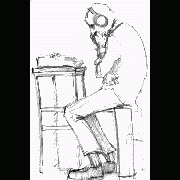_datadifference() Get the real difference between two sets of data. (Supports colors, binary + more!)
-
Recently Browsing 0 members
- No registered users viewing this page.
-
Similar Content
-
- 11 replies
- 1,085 views
-
- 0 replies
- 781 views
-
- 5 replies
- 1,634 views
-
- 3 replies
- 2,633 views
-
- 4 replies
- 2,106 views
-







Recommended Posts
Create an account or sign in to comment
You need to be a member in order to leave a comment
Create an account
Sign up for a new account in our community. It's easy!
Register a new accountSign in
Already have an account? Sign in here.
Sign In Now